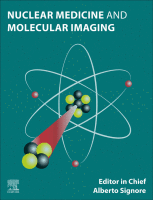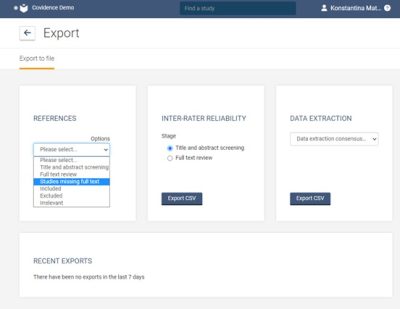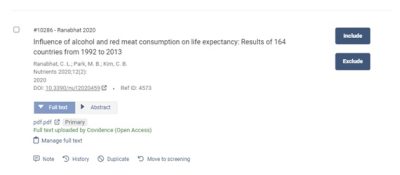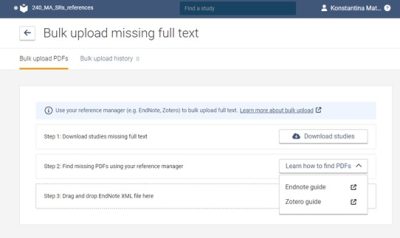
International Open Access Week will be taking place October 24-30, 2022. Join us as we celebrate this year’s theme, “Open For Climate Justice” and seize the opportunity to help us raise awareness on how open access can support climate justice, as well as other areas of research interests.
The MSK Library promotes Open Access by adding relevant open access journals to our curated list of eJournals, managing the SKOAP fund which helps MSK authors who need financial support for article processing fees, and sharing information about this important topic to keep our interested library users in the know!
Synapse is another way we bring attention to open access publications. Visitors to the site are able to discover which open access journals MSK authors publish in by locating in the citation record the orange button (e.g., Synapse work record). Synapse is our public-facing and authoritative bibliographic database showcasing the intellectual output of all our researchers.
Throughout this week, the MSK Library will be featuring open access publications by MSK authors and will share one each day (Monday to Friday) as a Today’s Science Sparks on the Library Website. If you are curious about past Today’s Science Sparks, you can browse the Archives. In support of Open Access if you find a Today’s Science Sparks that has been marked as Open Access, feel free to click on the Tweet icon next to the highlighted paper to easily share this publication on Twitter.
Finally, another way to participate in the open access week experience, you can follow the conversation on Twitter, as well as share your thoughts. Don’t forget to include the official hashtag — #OAWeek.
If you have any questions about Open Access, don’t hesitate to contact me!
Donna Gibson
Director, Library Services
 Nuclear Medicine and Molecular Imaging is a new 4-volume set that offers complete coverage of the science behind nuclear medicine with the clinical aspects of diagnostic imaging. Beginning with sections on the physics related to nuclear medicine, radiation biology/safety, and instrumentation/quality control, it then covers radiochemistry and the development of new radionuclide therapy/tracers, and basic techniques such as positron emission tomography (PET) and single photon emission computed tomography (SPECT).
Nuclear Medicine and Molecular Imaging is a new 4-volume set that offers complete coverage of the science behind nuclear medicine with the clinical aspects of diagnostic imaging. Beginning with sections on the physics related to nuclear medicine, radiation biology/safety, and instrumentation/quality control, it then covers radiochemistry and the development of new radionuclide therapy/tracers, and basic techniques such as positron emission tomography (PET) and single photon emission computed tomography (SPECT). 



